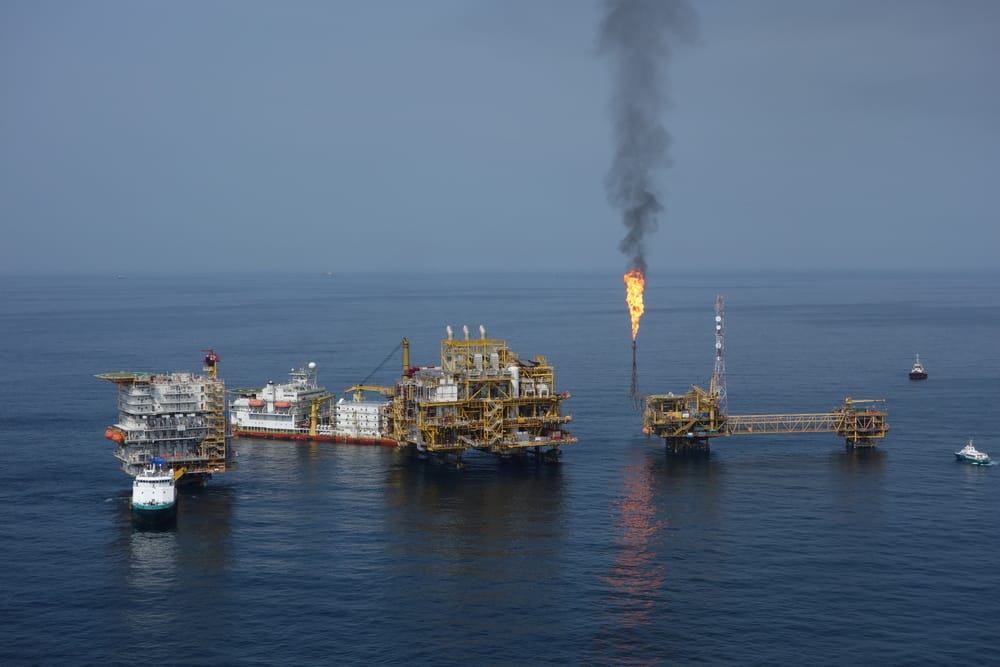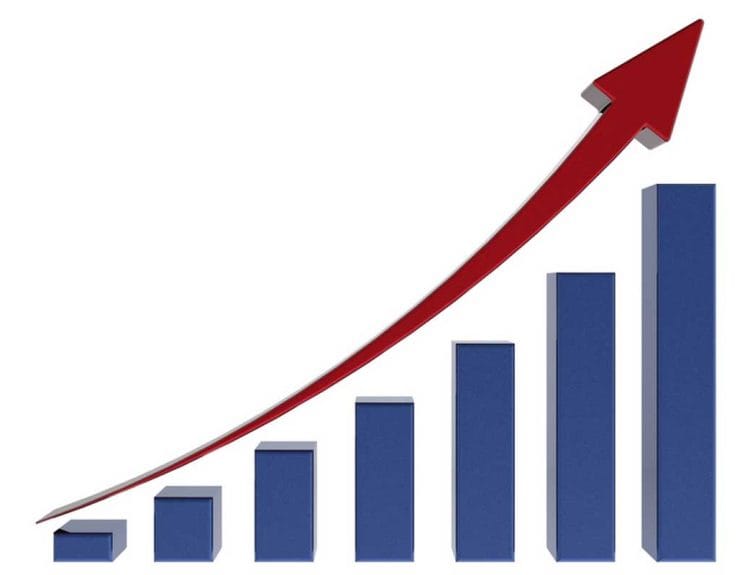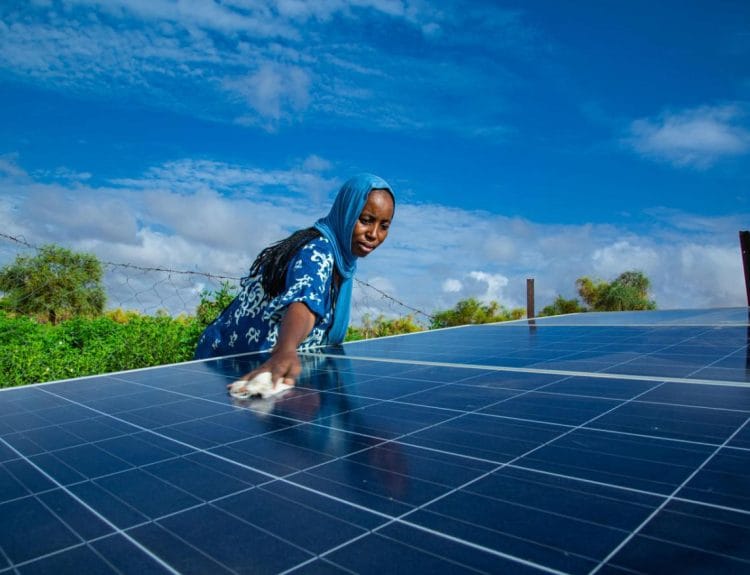While analysts predict a period of increasing uncertainties in the market in 2025 and sector prospects remain mixed, African producers must overcome several challenges to maintain a stable supply.
African oil production (crude + condensate) could increase from 6.5 million barrels per day (bpd) currently to nearly 7 million by the end of 2025 (a 7.7% rise), according to the African Energy Chamber. The organization bases its forecasts on several factors, including "the reduction of vandalism on pipelines and oil theft in Nigeria, as well as a more stable environment in Sudan, which would also affect South Sudan's production."
In the report titled "The State of African Energy 2025 Outlook," it is expected that West Africa will maintain its status as the continent's top producing region, increasing from 3.7 million bpd to about 3.9 million bpd. A recovery is expected in Nigeria, and stable production is anticipated in Angola (a country included in the region according to the report's division). This will be followed by North Africa, which should maintain its volume of 3 million bpd due to a steady supply from Algeria and stable Libyan production with no major disruptions. "However, the stability of Libyan supply largely depends on the political situation in the country. Any deterioration could lead to protests and production disruptions," the document states, which also notes that Africa is expected to contribute 8% to the global supply.
While it is still necessary to wait and see how the factors mentioned by the African Energy Chamber evolve to justify its forecasts, it is worth noting that these are made in a global context that creates uncertainties in the oil market. In nearly all global markets, oil prices have dropped following Donald Trump's announcement on January 20 of a "national energy emergency" and a promise to intensify oil production in the United States.
According to a recent report from the King Abdullah Petroleum Studies and Research Center (KAPSARC), global oil supply is expected to increase in 2025 and then in 2026. "Facing an oversupplied oil market, OPEC+ may have to extend its production cuts until 2025 to protect oil prices," said Norwegian company Rystad Energy last December.
It is important to remember that in Africa, the oil sector is a pillar of the economy for several African countries, such as Nigeria, Angola, and Algeria. In several other countries, such as Congo, Ghana, Equatorial Guinea, Niger, Gabon, or Cameroon, the volumes of oil produced are smaller, but the resource plays a crucial role in the macroeconomic balance.
Source of the article: ecomnewsafrique






